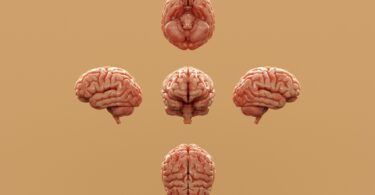Diabetes is most prevalent among people over 65. As many as 26 percent of older Americans have...
Your Health & Wellness
AI wearable robot can help stroke patients move
Neurodegenerative diseases, such as ALS and stroke, often result in lack of motor function. It...
2025: It’s nearly time to get your flu shot
It’s important to get a flu shot every year, no matter how old you are. Even RFK Jr. supports the...
You could have a genetic risk of a heart attack and not know it
You could be at risk of a heart attack and have no clue. If you have high levels of a fatty...
Early to bed means a more active lifestyle
New research out of Monash University in Australia finds that people who go to bed earlier tend to...
When to worry you have dementia and when not?
As we age, we are more likely to struggle to remember things. That doesn’t mean we have...
How to extend your “joyspan”
As Americans get older, aging has become a very “in” topic. People are focused on long...
Why women are doubly likely to get Alzheimer’s as men
Women are twice as likely to get Alzheimer’s as men. But, why? It’s not because women...
How to slow down the aging of your brain
In a piece for the Wall Street Journal, Alex Janin reports on how changes in your lifestyle can...
An ancient trick to help your recall
If you’re like me, you sometimes struggle to remember what it is you need to do five seconds...










